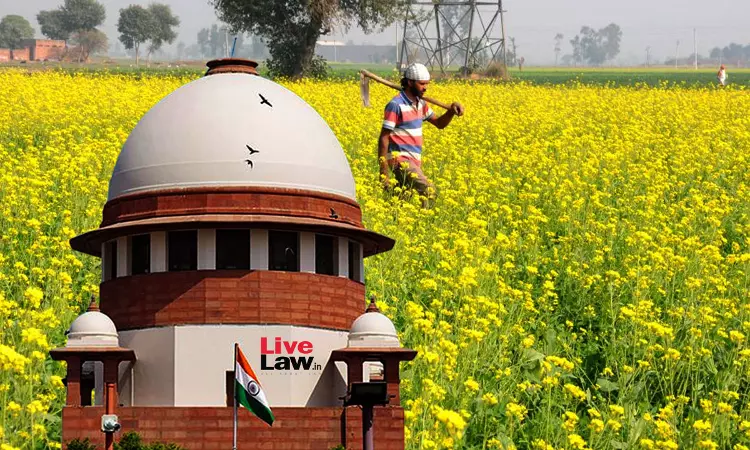'Environmental Harm Can't Be Reversed' : Supreme Court Defers Centre's Plea For Release Of Genetically Modified Mustard Seeds
Awstika Das
29 Aug 2023 2:03 PM IST

Next Story
29 Aug 2023 2:03 PM IST
The Supreme Court on Tuesday deferred the consideration of the Centre's plea for the withdrawal of an oral undertaking made to the court in November last year pledging to maintain the status quo on the release of genetically modified (GM) mustard. This undertaking was made before a bench headed by Justice Dinesh Maheshwari who has since retired. The central government's recent...
